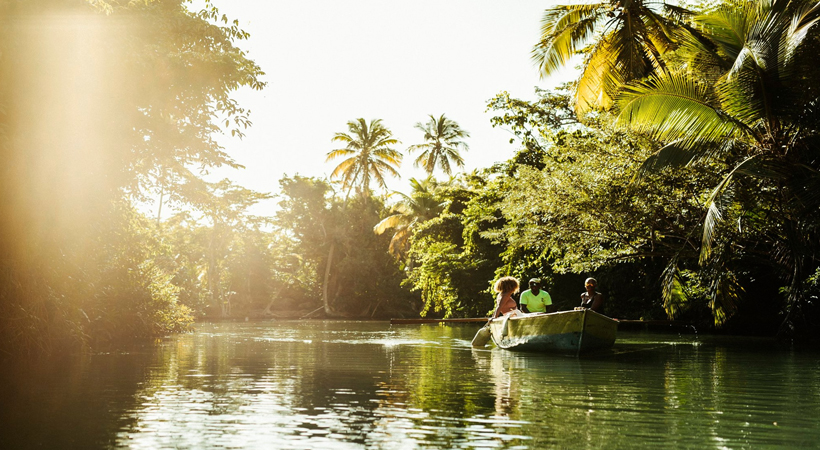Dominica, with no Covid-19 deaths, ready to welcome international visitors from August 7

The Commonwealth of Dominica is reopening its borders to foreign visitors starting August 7. Denise Charles, the minister of tourism, said all travellers are required to abide by new travel protocols while entering the country.
Firstly, tourists and nationals must obtain a negative COVID-19 test (PCR) result recorded 24 to 72 hours before arriving in Dominica. Then, they need to complete an online questionnaire at least 24 hours in advance. Upon arrival, they will undergo a series of checks, including a rapid screening test. Should the passenger present any signals deemed unsafe, such as a positive test result, they will be quarantined at a government facility or a certified hotel.
Dominica is a mountainous Caribbean island nation with natural hot springs and tropical rainforests. Morne Trois Pitons National Park is home to the volcanically heated, steam-covered Boiling Lake. The park also encompasses sulphur vents, the 65m-tall Trafalgar Falls and the narrow Titou Gorge. To the west is Dominica’s capital, Roseau, with colourful timber houses and botanic gardens.
Dominica has had no COVID-19 deaths and only 18 cases. It is one of the least affected countries in the world and features on the United Kingdom’s quarantine-free list. The government has been cautious about reopening borders, especially as the island specialises in ecotourism that promotes respiratory health and suits social distancing requirements.
“Health and safety guidelines have been carefully deliberated and formally announced to keep the probability that new cases of COVID-19 may be recorded once the borders are reopened as low as possible,” Minister Charles added.
As the Nature Isle of the Caribbean, Dominica attracts unconventional visitors seeking intimacy, adventures and eco-luxury experiences. Some even make it their home by obtaining its citizenship. This is possible through a special government initiative, established in 1993, called the Citizenship by Investment Programme.
There is a growing population of foreign investors who become citizens after contributing US$100,000 or more to a government fund or investing at least US$200,000 in prime hotels and resorts.



